I'm using a 32.768 kHz crystal FC - 12M on a board with STM32L433 in a LQFP48 package. There are two 10pF C0G load capacitors used.
The problem is that on one of the boards (I have two of this revision) the LSE oscillator won't start until I touch it with a scope probe (10x setting, 10M, 16pF). After that touch with the probe, it stabilizes in a second or two and seems to work correctly until I unplug the board.
I've tried with 4.7pF, 10pF, 12pF and 22pF load caps. (the other board that works has 12pF installed).
I've tried cleaning the board with iso alcohol, thinking flux residue might cause this.
I use short traces and ground underneath the oscillator.
Any ideas?
